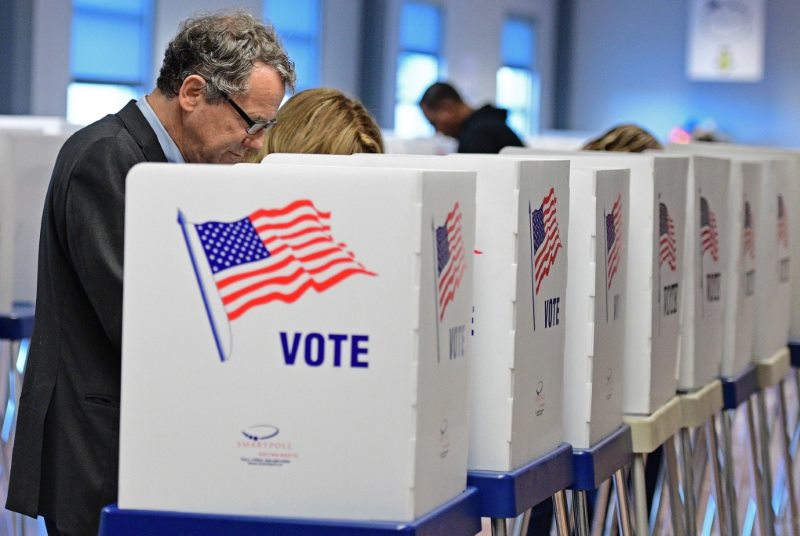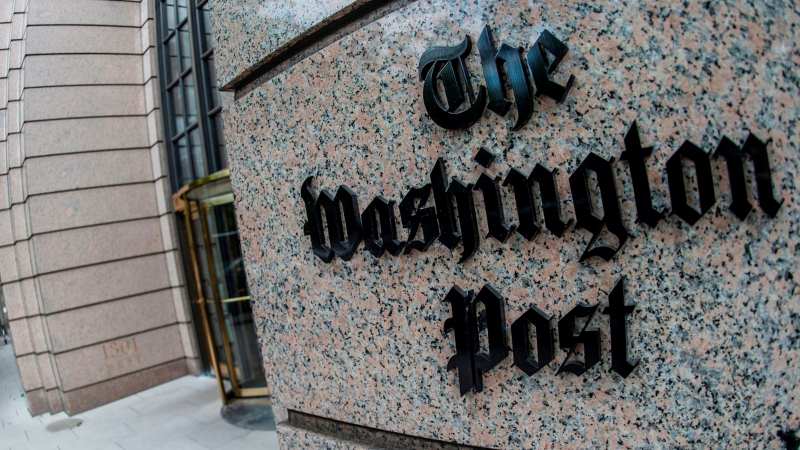Politics
Washington Post Halts Presidential Endorsements for 2024
In a landmark decision, The Washington Post announced its withdrawal from endorsing presidential candidates in the 2024 election and future races. This choice reflects a significant shift in the publication’s role in political discourse. By refraining from endorsements, the Post aims to focus on unbiased reporting. This move mirrors a trend among major publications distancing themselves from direct political endorsements.
Return to Nonpartisanship
William Lewis, the publisher and CEO, described the decision as a “return to our roots of not endorsing candidates.” He emphasized the paper’s commitment to delivering “nonpartisan news for all Americans” moving forward. Although the Post began endorsing candidates in 1976, Lewis believes this change fosters impartiality and objectivity in reporting. This shift aims to enhance public trust and credibility in the paper’s journalism and analysis.
Interpretations and Concerns
Lewis acknowledged that the decision might be perceived in various ways, possibly seen as an endorsement or criticism of candidates. However, he clarified, “We don’t see it that way,” emphasizing their intent. The move aims to foster balanced reporting and maintain integrity in journalism. Despite this, the Post anticipates likely polarized reactions from the public and political observers.

The US 2024 presidential election Voter Influence in Key States
The U.S. 2024 presidential election may depend on a few thousand voters in several key swing states. Although the outcome in most…
Influence of Jeff Bezos
The Washington Post is owned by Amazon founder Jeff Bezos, who reportedly influenced the withdrawal of a drafted endorsement for Kamala Harris. The decision sparked discussions about the impact of ownership on editorial independence and content. The Washington Post Newspaper Guild confirmed that Bezos intervened in the endorsement process, raising concerns among staff. However, a spokesperson for Bezos did not comment on the matter, leaving many questions unanswered.
Legacy of Investigative Journalism
Known for its investigative reporting, The Washington Post has consistently challenged power structures, famously exposing the Watergate scandal. This scandal ultimately led to President Nixon’s resignation, showcasing the paper’s influence. However, the decision to step back from endorsements raises important questions about the paper’s future role in political discourse. Consequently, many are curious about how this shift will affect public trust and journalistic integrity.
Criticism from Marty Baron
Former executive editor Marty Baron criticized the move on social media, calling it “cowardice” and warning that it weakens democracy. He suggested former President Donald Trump might view the decision as an opportunity to intimidate Bezos and the paper further.

Ongoing Endorsements in Other Races
Despite its new stance on presidential endorsements, The Washington Post will continue to endorse candidates in other races. Recently, the Post supported Democrat Angela Alsobrooks in a Maryland Senate contest. However, Robert Kagan, editor-at-large, resigned in protest over the new policy.
Broader Trend in Media
The Washington Post’s decision reflects a broader media trend. The Los Angeles Times recently blocked a Harris endorsement, leading to editorial resignations, and the New York Times announced it would end state endorsements but continue with presidential ones. Media outlets, including Alden Global Capital, have also shifted away from endorsements, reshaping traditional roles in the political landscape.
Seize this unique opportunity! Enroll in our Digital News Duo Offer today and join a community that relies on The Washington Post and The New York Times for insightful daily perspectives.

